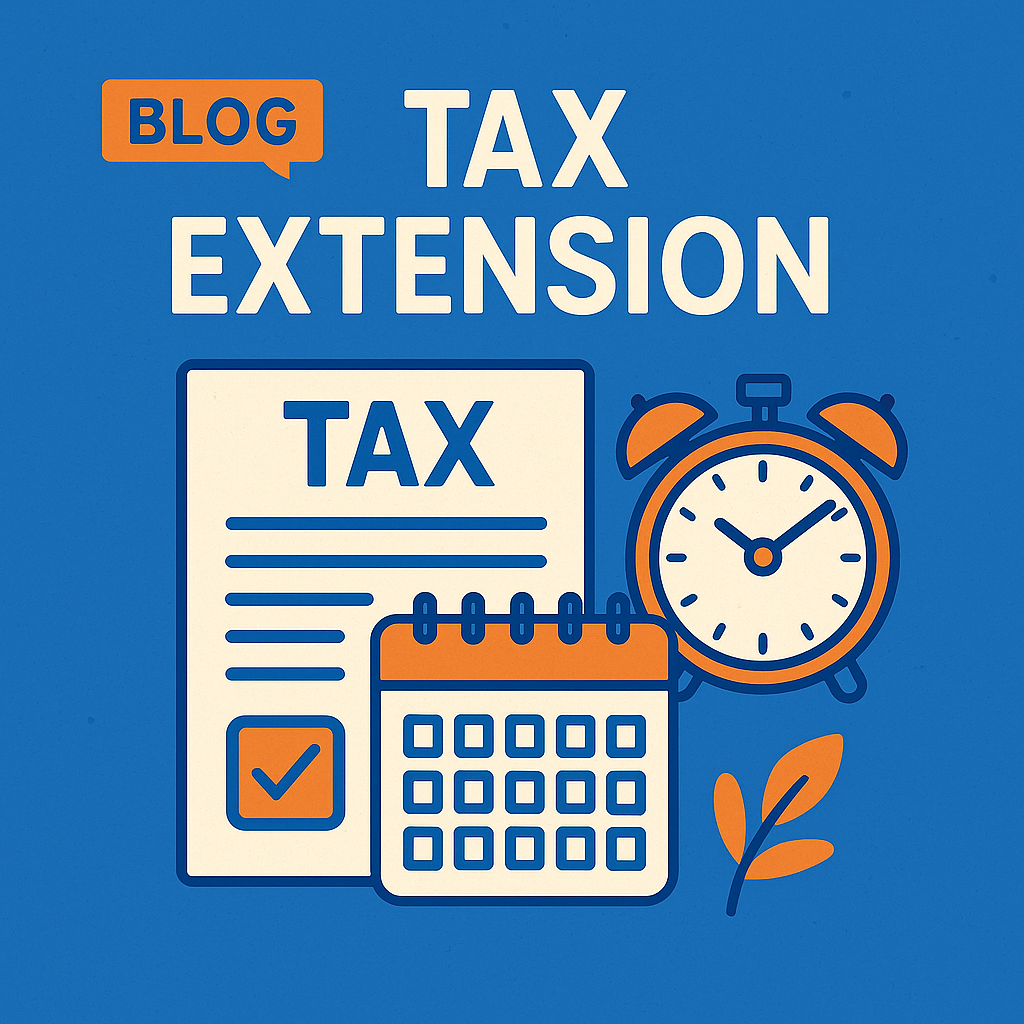Should You File for a Tax Extension? Pros and Cons
Need more time to file your taxes? A tax extension could give you the breathing room you need, but it’s not always the best choice. Here’s a breakdown of the pros and cons to help you decide if filing for an extension is right for you.
Pros of Filing for a Tax Extension ✅
More Time to File ⏰
Filing for an extension gives you an extra 6 months (until October 15) to submit your tax return. This can be a lifesaver if you’re scrambling to gather documents or need extra time to sort through complex deductions.Avoid Last-Minute Mistakes ❌
Rushing can lead to mistakes that might delay your refund or cause issues with the IRS. An extension allows you to file with greater care.Time to Pay Taxes Owed 💸
If you’re having trouble gathering the money to pay your taxes, the extension gives you more time to save or arrange a payment plan.
Cons of Filing for a Tax Extension ⚠️
You Still Need to Pay Taxes by the Original Deadline 🏦
Filing an extension doesn’t extend your payment deadline. If you owe taxes, you need to estimate and pay by April 15 to avoid interest and penalties.Potential Interest and Penalties 💰
If you owe taxes and don’t pay by the original deadline, you’ll be hit with interest and penalties. The extension only gives you more time to file, not more time to pay.Delayed Refund 💸
If you’re expecting a refund, an extension will delay it. The sooner you file, the sooner you get your money.
When Should You File for an Extension? 🤔
You’re missing key tax documents (like a W-2 or 1099)
You need more time to review complex deductions or credits
You owe taxes and need more time to pay
Final Thoughts 🌟
Filing for a tax extension is helpful if you need more time to file accurately. But remember, it doesn’t delay your tax payment! Weigh the pros and cons and make sure you pay any taxes owed by the original deadline.
